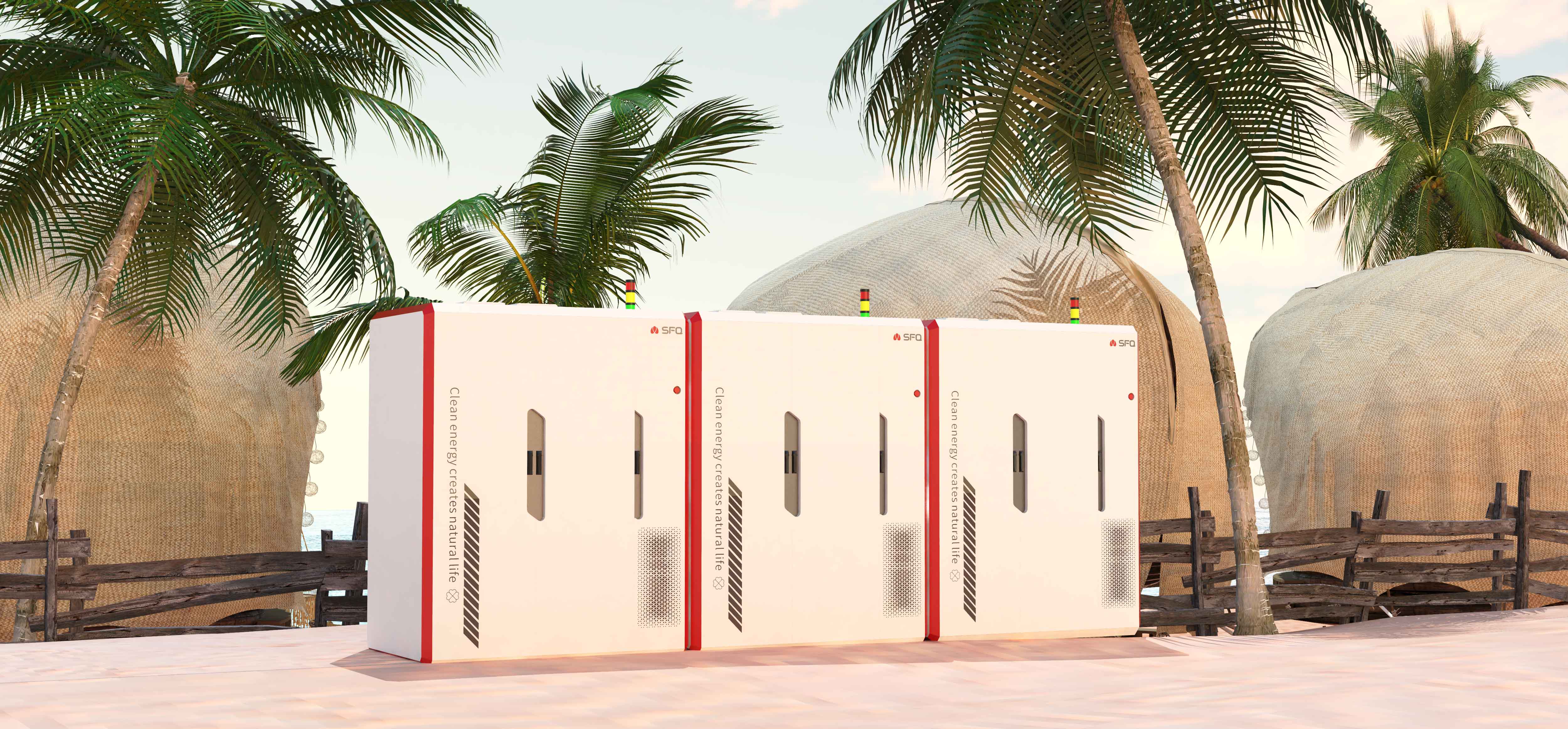What is a microgrid, and what are its operation control strategies and applications?
Microgrids have the characteristics of independence, flexibility, high efficiency and environmental protection, reliability and stability, and have broad application prospects in power supply in remote areas, industrial parks, smart buildings, and other fields. With the continuous advancement of technology and the continuous reduction of costs, microgrids will play an increasingly important role in the future energy field.
As an emerging energy supply mode, microgrids are gradually attracting widespread attention. A Microgrid is a small power generation and distribution system composed of distributed power sources, energy storage devices, energy conversion devices, loads, etc., which can achieve self-control, protection, and management.

Microgrid operation status
Application scenarios of microgrids
In densely built areas of cities, microgrids can provide efficient and reliable power support, while providing energy for electric vehicle charging stations, etc.
Post time: Oct-31-2024

